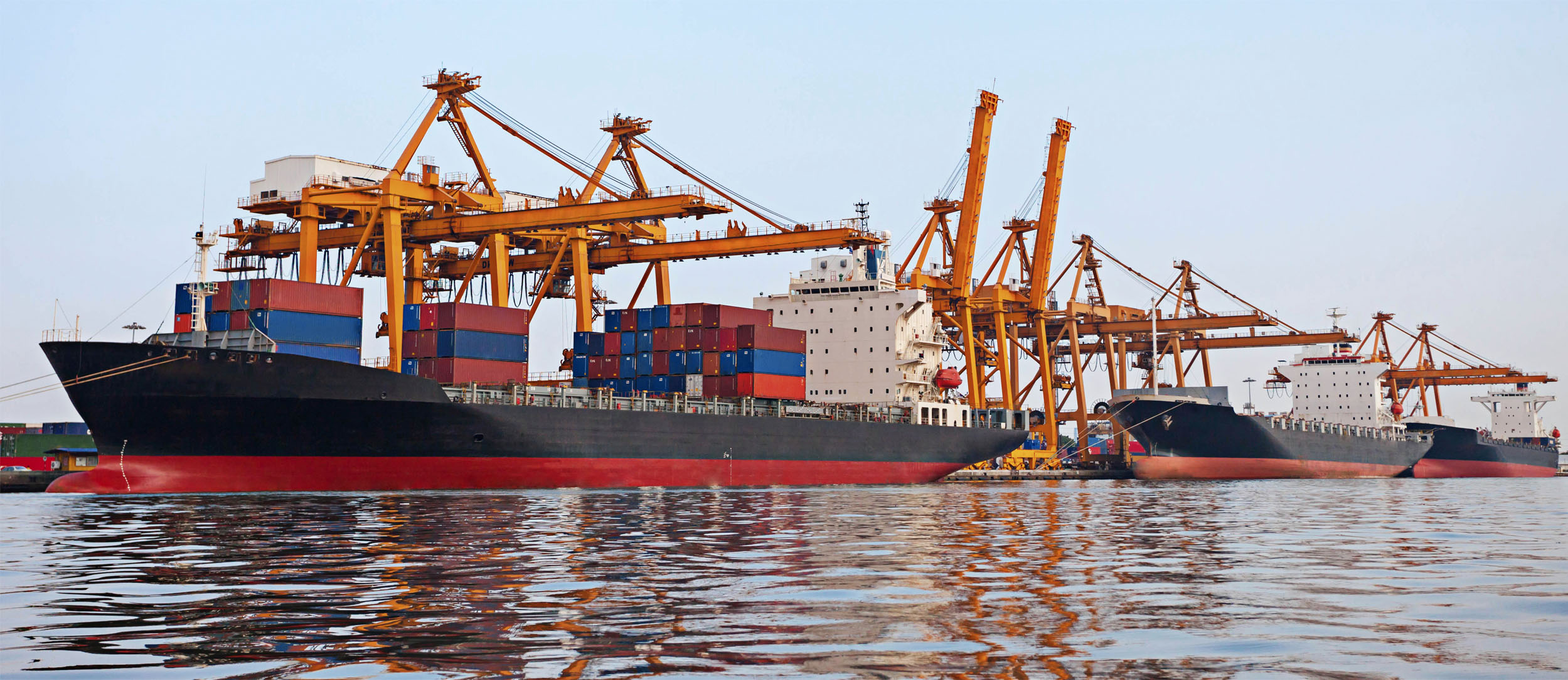Institute for Globalisation and International Regulation
The Institute for Globalisation and International Regulation (IGIR) is an interdisciplinary research institute based at Maastricht University's Faculty of Law in the Netherlands.
IGIR’s mission is to conduct research and organise activities on the role of international economic regulation. This encompasses the fields of trade, investment, competition, and intellectual property (IP). Our approach is interdisciplinary, in close collaboration with other stakeholders.
Research
IGIR focuses on the concept of “Trust in Trade”. This serves as overarching focal point for analysing the regulation of global markets and the roles played by national, regional, and international actors and institutions. The institute has also established three specialised research clusters that concentrate on international economic regulation in the domain of sustainability, technological innovation, and competition.
Visit IGIR's research or watch our video to learn more about IGIR's research.
IGIR Seminars (2025/2026)
22 September: Belén Gracia (IGIR)
20 October: Kaili Jiang (IGIR)
27 October: Tom Vos (ICGI, Law & Tech Lab) (ICGI-IGIR Joint Seminar)
17 November: Georgia Chapoupi (IGIR)
1 December (16.00): Lucia Jeremiašová (ICGI) (ICGI-IGIR Joint Seminar)
15 December: Clara Weinhardt (FASoS)
19 January: Ranchun Wang (University of Groningen)
9 February: Paula Roldán (SBE, IGIR)
Seminars take place at 12.00 in the Board Room, unless indicated otherwise.
For more information about the IGIR seminars, or if you would like to present your own research with IGIR, please contact Niels Philipsen and/or André Nunes Chaib.

IGIR’s research mainly takes place in the following stream of the faculty's research programme:
Markets




